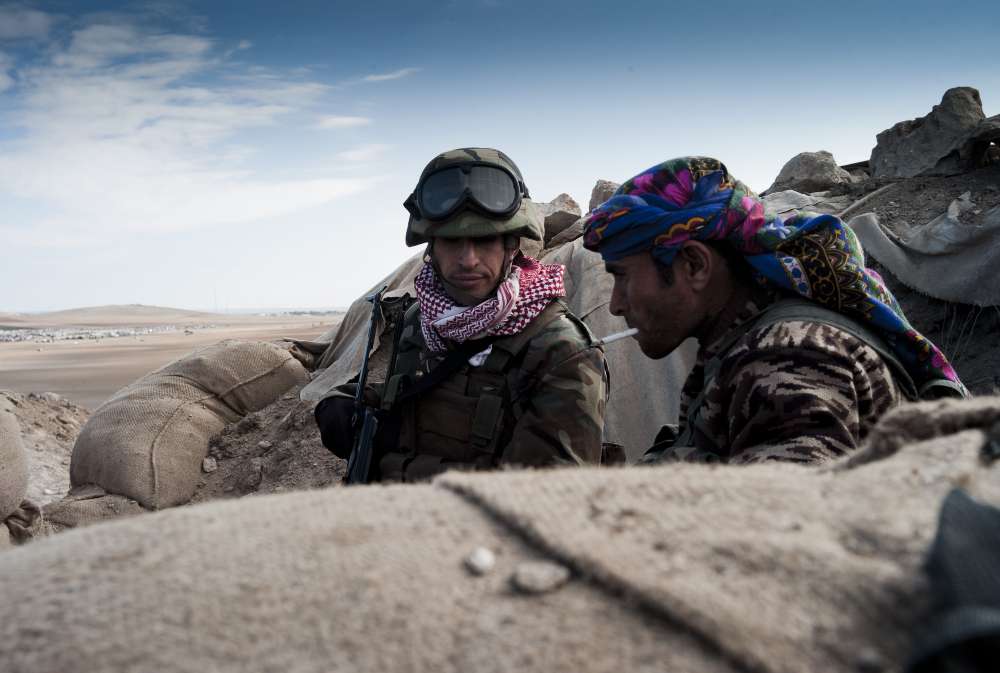Regulating Irregular Actors
Can Due Diligence Checks Mitigate the Risks of Working with Non-State and Sub-State Forces?

In the last two decades, the US and other Western states have frequently found themselves working in cooperation with non-state or sub-state forces – including militias or paramilitary groups, tribal and community forces, as well as rebels and opposition actors. While these forces may be quick and easy to mobilize, they often come with substantial risks or drawbacks. Many of these groups have a reputation for human rights violations, are linked to warlords or criminal groups, or have affiliations with insurgent or terrorist organizations.
What legal obligations – if any – do Western states have to ensure that the non-state or sub-state forces with whom they work comply with international law or their own domestic standards? Can certain checks reduce the security risk posed by supported forces, or prevent them from imperiling policy goals in peacekeeping and stabilization missions? What sort of due diligence measures are needed to meet public expectations for accountability over public funds, particularly where lethal assistance and use of force are an issue?
To explore these questions, this report examines seven US support initiatives for non-state and sub-state forces in Afghanistan, Iraq and Syria between 2006 and 2019. Our research investigates whether such due diligence measures are effective, and at what costs, for the both the initiatives in question and for the larger decision-making surrounding these partnerships.
Download the full report.
This report was a joint project between GPPi and the Overseas Development Institute (ODI).







